The Origins of “A Boy Named Sue”
Although most know Johnny Cash for his deep, raspy voice and his exceptional live performances, he was also known for his vibrant personality and unbeatable wit. “A Boy Named Sue” was released in 1969 by the well-renowned Johnny Cash and would later become one of his biggest hits.
Written by the famous poet, Shel Silverstein, the song was certified Gold by the RIAA and topped two major music Charts in the same year. Here is the unknown story of one of the most famous and bizarre songs Johnny Cash has ever performed.
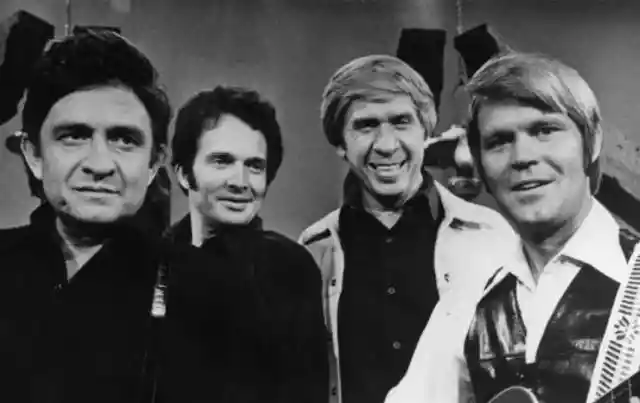
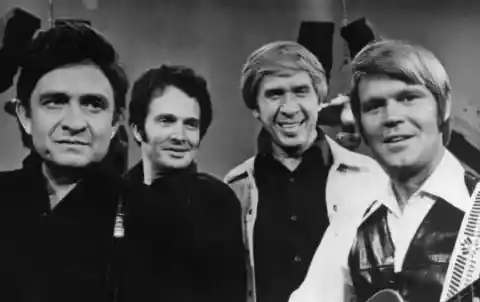
By the end of the 1960s, Johnny Cash was already a household name as a singer, guitarist, and songwriter. At the time Silverstein wrote “A Boy Named Sue,” Cash had already gained an unshakable reputation.
Shel Silverstein was best known for his iconic books of poetry and prose, with the most famous of his collections being, Where the Sidewalk Ends (1974) and A Light in the Attic (1982). The poet got the idea for the song after a deep conversation with his friend, Jean Shepherd. Shepard confided in Silverstein and told him how much he suffered due to his peers ridiculing him for having had a feminine name. Because of Shepard’s story, Silverstein could not help but start writing the lyrics to the infamous “A Boy Named Sue.”
Cash’s Contribution to the Song
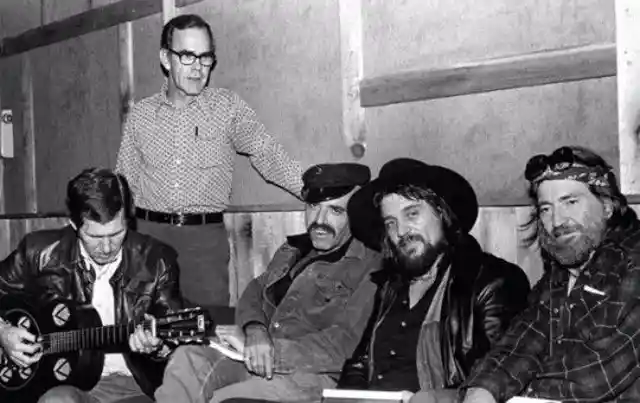
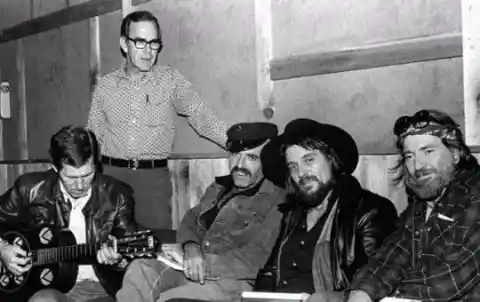
The lyrics of the song are incredibly hilarious, however, without Cash’s enthusiasm, it would not have been as successful of a song. The song flourished due to both Silverstein’s incredible poetic talent and Cash’s unique storytelling abilities.
Cash’s performance brings life to the story and contributes to creating the most memorable live performance in history. Cash authentically captures the emotions of the song, fully embodying the characters and bringing them to life in a unique way.
What Is the Song’s Meaning?
The story begins with a young boy named Sue, abandoned by his father, and left to deal with years of ridicule due to having a female name. Getting so much flack for his name, he grows up mean and tough. As Sue gets older, he finds his father in a bar and greets him with one of the most memorable lines of the song: “My name is Sue. How do you do? Now you’re gonna die!”
The father in response, tells his son that he gave him the name “Sue” as a service, stating that having a feminine name would help Sue to become a strong man who would always command respect. Hearing this, Sue feels for his father and has a change of heart. Although a happy ending, Silverstein ends the song with Sue affirming that he’ll name his future son “Any damn thing but Sue.”
The First Performance of “A Boy Named Sue” at San Quentin Prison
At a guitar pull in Tennessee, Shel Silverstein was there performing “A Boy Named Sue,” and Cash’s wife, June Carter, felt instantly that the song would fit Cash’s style perfectly. June Carter urged Cash to perform the song at the San Quentin prison and so he did. As he stood on stage with his band, Cash confessed to the song being barely complete. He had only memorized the basic chords and didn’t quite know the words, leading him to read the lyrics live. Without the melody being laid out, Cash used a form of talk-singing and would laugh as an honest reaction to Silverstein’s silly and fun lyrics.
When listening to the live version of “A Boy Named Sue,” you’ll hear genuine reactions of laughter, shouts, and cheers, almost solidifying to Cash that the song would be one of his greatest hits, and so it was. “A Boy Named Sue” quickly rose to number one in the music charts, showing that Silverstein’s poetry and Cash’s energy would be the greatest collaboration in music’s history.
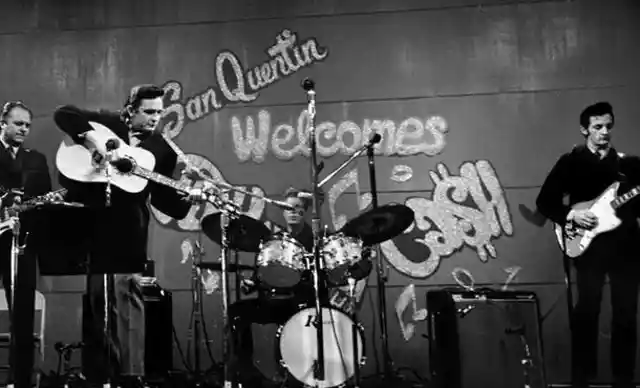
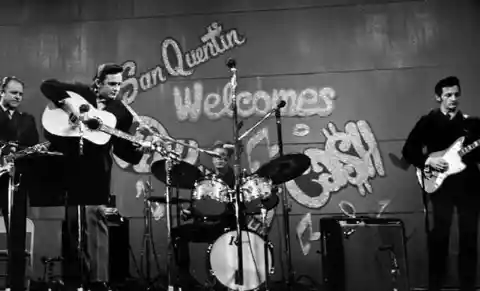
The Golden Boy of Music
“A Boy Named Sue” shocked the world by becoming the highest charting song for Cash and hitting Gold before he even charted. Johnny Cash had amassed millions of adoring fans and singer/songwriters who were inspired by his unique, irreplaceable talents.
Cash was not just a country singer or rock & roll artist, with his talents he created his own subgenre, which mixed the genres of rock & roll, folk, and country into one beautiful form of music.